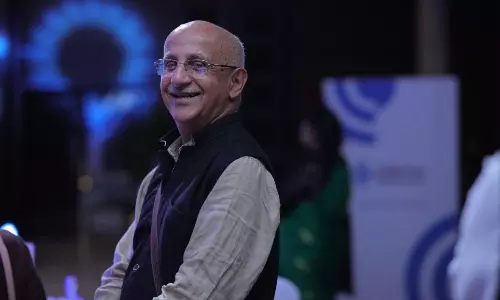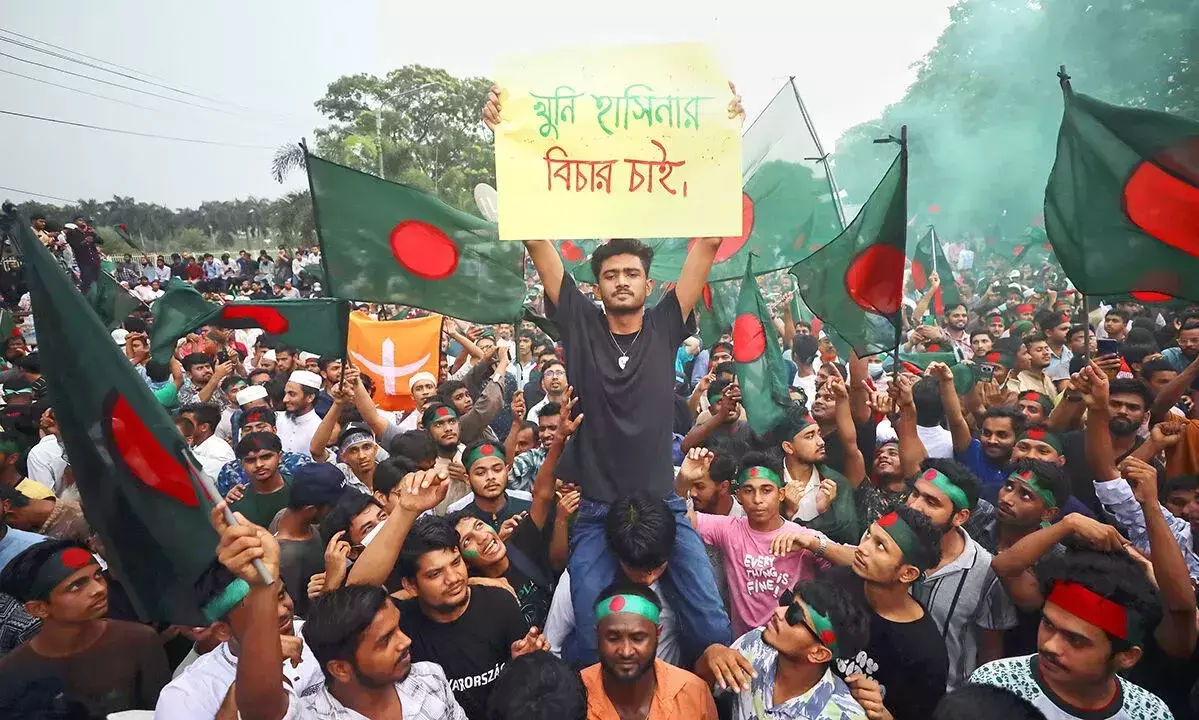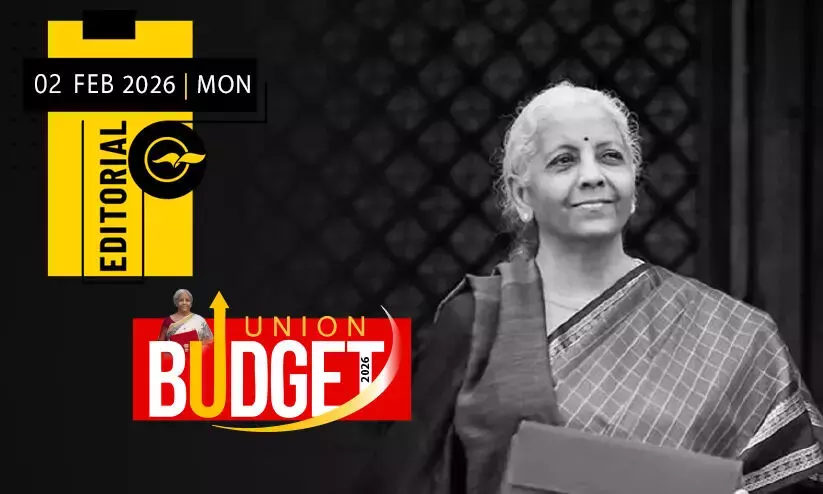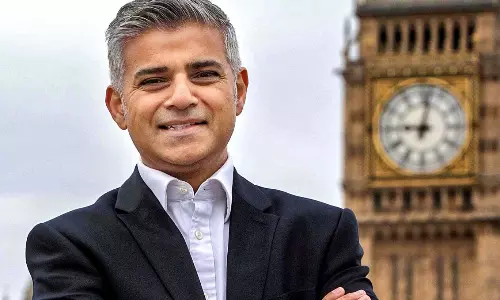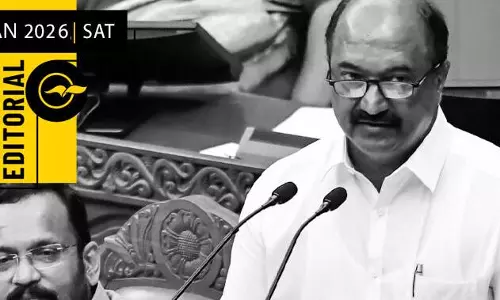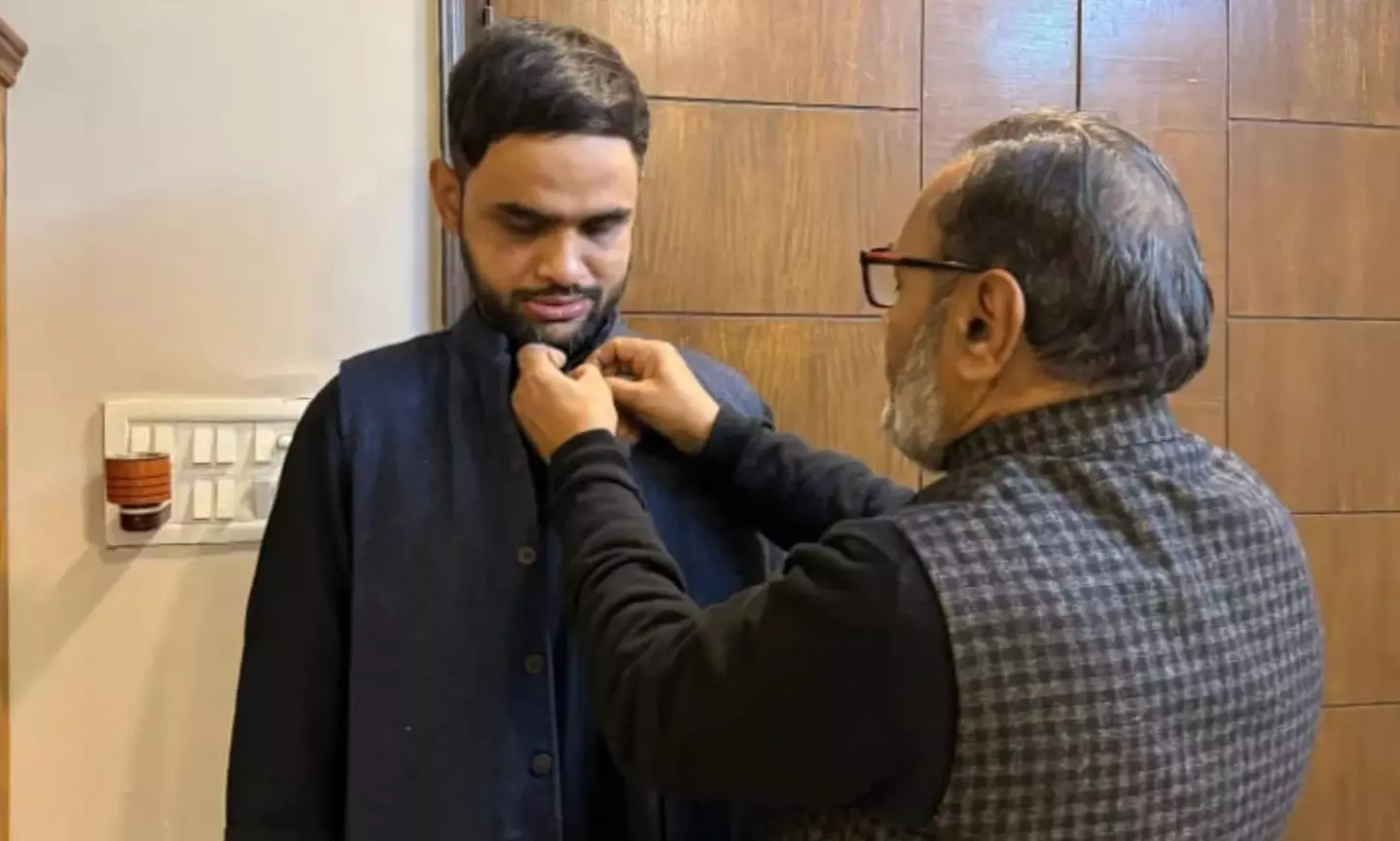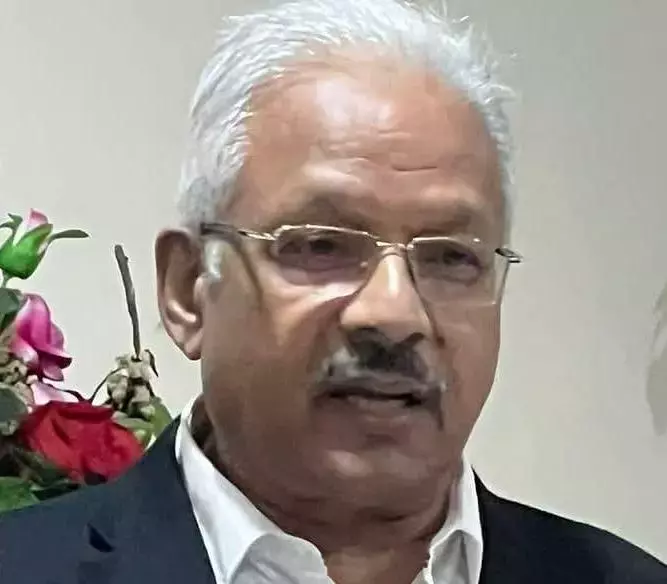
Jail, not bail, the new norm
text_fieldsThe history of the Supreme Court of India can be divided into two periods — before Justice V.R. Krishna Iyer and after him. He was not even the Chief Justice of India, yet his impact on Indian jurisprudence is greater than that of many who occupied that high office. During his short tenure of seven years on the Supreme Court bench, he heard over 700 cases and authored more than 350 landmark judgments.
One of the most famous among them was the Moti Ram case. Moti Ram was a poor mason in Madhya Pradesh who was granted bail by a magistrate in 1978. But there was a catch. The bail was fixed at a surety bond of ₹10,000, at a time when Moti Ram’s daily wage was in single digits. For a man living hand-to-mouth, this meant that bail was as good as denial.
The case reached the Supreme Court, where Justice Iyer and Justice D.A. Desai heard it. In his judgement, Justice Iyer laid down a principle that has become part of Indian legal wisdom: “Bail is the rule, jail is the exception.”
He even quoted American President Lyndon B. Johnson, who had signed the US Bail Reform Act in 1966, to say that pre-trial detention should not punish the poor. Justice Iyer concluded his judgement by urging Parliament to reform bail conditions in India.
More than four decades later, Chief Justice of India B.R. Gavai recalled this case while delivering the Krishna Iyer Memorial Lecture at Kochi on July 6. He lamented that the principle had been forgotten. Today, bail is no longer the norm; jail has become the default, especially in political or sensitive cases.
For Justice Iyer, bail and jail were not abstract issues. He had himself been in jail once. In his youth, when Malabar was directly under British rule, Iyer represented postal workers who were demanding better wages under Communist leader AK Gopalan’s leadership.
In court, Iyer spoke against the government. That was enough for him to be arrested and imprisoned under the Defence of India rules for a whole month. He may well have been the only judge of the Supreme Court who had once been a political prisoner. Later, as Home and Law Minister in the first Communist ministry of Kerala under E.M.S. Namboothiripad, he introduced a number of jail reforms. He knew first-hand what it meant to be behind bars.
This background explains his deep sensitivity to issues of bail and liberty. For him, a poor mason like Moti Ram deserved justice as much as a rich businessman.
I recall all this today because of a judgement of the Delhi High Court delivered on September 2. The court rejected the bail applications of Umar Khalid and eight others in what is known as the Delhi riots case.
During the agitation against the Citizenship Amendment Act (CAA), which excluded Muslims from neighbouring countries like Pakistan, Bangladesh, and Afghanistan from its benefits, I visited Shaheen Bagh. It was a cold Sunday afternoon, and the place was alive with hundreds of women sitting in peaceful protest. That day, Umar Khalid was invited to speak. I remember him as a confident young man, a good speaker who could inspire trust among his listeners.
I knew his face because he had earlier been arrested in a fabricated case when he was a student at Jawaharlal Nehru University. Today, Khalid and eight others have been in jail for five years, accused of instigating riots in Northeast Delhi in February 2020.
I had visited the riot-affected areas soon after the violence. Fifty-three people were killed, more than 400 were injured, and hundreds of houses and shops were destroyed. The majority of the victims were Muslims. As the head of an NGO, I helped set up an impromptu school in a refugee camp, not so much to teach as to give the children a chance to play and forget, even for a moment, the horrors they had seen.
The irony is that Khalid and others are accused of planning riots that devastated their own community. Meanwhile, one BJP leader who openly instigated violence rose to prominence during the same riots and is now a minister in Delhi. A Union Minister from Himachal Pradesh even asked the police to shoot protestors. He, too, was never accused.
The “evidence” against Khalid is laughable. It is said that he conspired to incite riots in Delhi by delivering a speech in Amaravati, Maharashtra — hundreds of kilometres away. The Delhi Police filed the case under the draconian Unlawful Activities (Prevention) Act (UAPA).
The charge sheet reportedly began with 3,500 pages and has now grown to 10,000. It is filled with newspaper cuttings and irrelevant material. To put this in perspective, Albert Einstein’s world-changing theory of relativity was explained in just four pages. But the Delhi Police need 10,000 pages to “prove” their case against Khalid!
Five years have passed, and the trial has not even begun. Nobody knows when it will start. In the meantime, Khalid and others remain in jail, deprived of their fundamental rights under Articles 19 and 21 of the Constitution.
The government knows the charges will collapse under judicial scrutiny. But jail itself has become the punishment. The process is the penalty. Judges are aware of the risks. Everyone remembers what happened to Justice Muralidhar of the same court, who dared to direct the police to file FIRs against leaders who incited violence. He was transferred overnight to Chandigarh.
For someone like Khalid, books have become his refuge. He once read Dostoevsky’s novel The House of the Dead, which depicts the life of prisoners in a Siberian camp. A character in the book says something that must have struck Khalid deeply: “We are alive, yet not truly living. We are not in our graves, yet it feels as if we are already dead.”
It is a haunting description of prison life — a life in limbo, where days drag on endlessly and hope fades.
I began with Justice Krishna Iyer, and it is only fitting to conclude with his words. He once said, “The myth is that courts of law administer justice. The truth is that they are often agents of injustice.”
Those words ring painfully true today. When bail becomes impossible, when trials never begin, when innocent citizens spend years in prison, the courts become instruments of oppression rather than protectors of liberty.
Justice Iyer believed that law should be a tool to protect the weak, not to shield the powerful. He would have seen the plight of Umar Khalid and others not just as a legal issue, but as a human tragedy. For him, justice was never about abstract principles — it was about the lives of real people, like Moti Ram the mason or a young student activist behind bars.
The challenge before us is whether we want to live in the India that Justice Krishna Iyer envisioned — where liberty is precious and bail is the norm — or in an India where jail is the norm and liberty is the exception.
A.J. Philip, a senior journalist who has held leadership roles in The Tribune, Indian Express and Hindustan Times, was also the founding director of Amartya Sen’s Pratichi (India) Trust and a member of the Planning Commission’s Assessment and Monitoring Authority.




